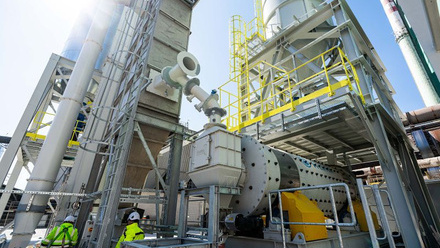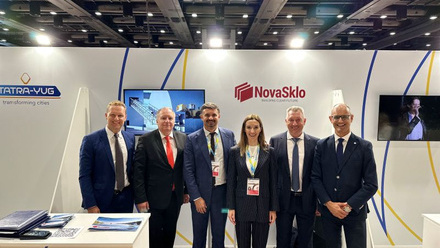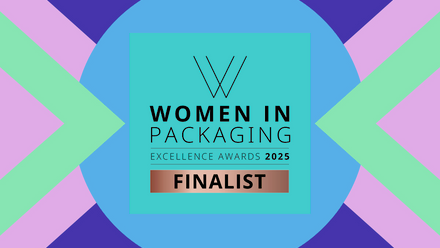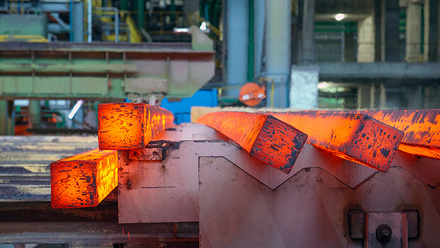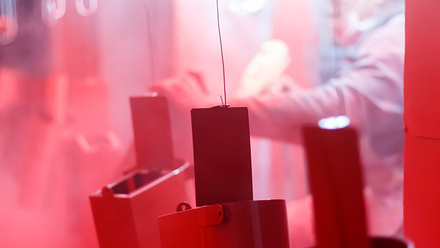Standards need to ‘evolve’ to support the Foundation Industries
Foundation Industries Ventures (FIVe) offers seven recommendations for standards to advance innovation within science.
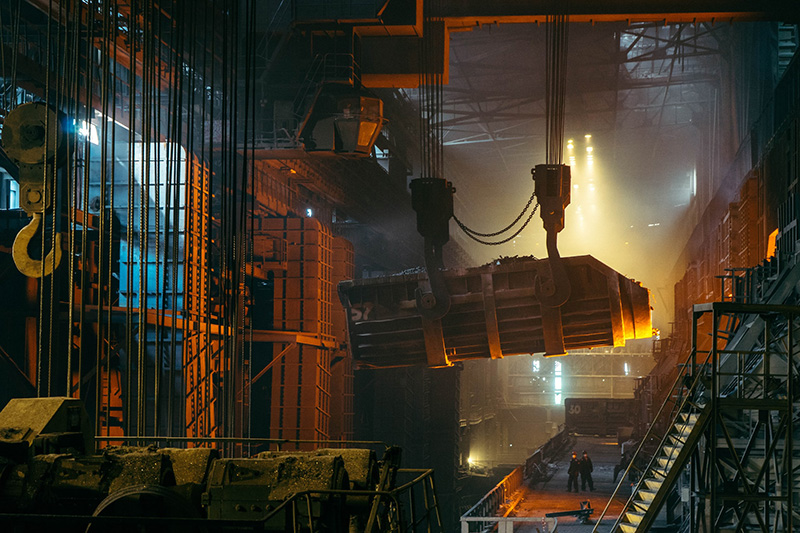
Conservatism from the Foundation Industries (FIs) mean standards provide another hurdle to pass on the route to net-zero.
This is due to many factors, including standards being interlinked, making reform harder. There is also limited standardisation and compatibility worldwide.
Additionally, many standards are ‘recipe based’ as opposed to performance. Examples include BS 8500 and BS EN 197-5 for cement and concrete. This limits flexibility in their inputs.
FIVe has created FIVengage, a programme that creates a more supportive environment where regulators and policymakers, industry, innovators, and scientists and academics can collaborate.
FIVengange proposes seven recommendations for using standards to advance innovation.
- Make sure standards facilitate innovation by building trust in new and emerging technologies. Move towards performance-based standards that deliver a framework for new ideas to be delivered safely and efficiently.
- Develop standards early, taking them from early-stage terminology to quality standards as new processes, technologies and materials mature.
- Bring innovator communities together and more easily by standardising early. This links to openness and participation and increased dialogue across organisations and sectors working on common goals. Bringing together many stakeholders will ensure they are fit-for-purpose and meet varying needs and perspectives.
- Use standards for knowledge transfer. Standards can solidify agreed ways of working and aid the widespread adoption of new technologies, helping bridge the gap between research and commercialisation.
- Make sure standards are flexible and designed to evolve as technologies and process evolve. They need regular reviews and updates to remain relevant. Well-designed standards can provide business certainty for emerging ideas, while building public and consumer trust and confidence.
- Focus on global standards and collaboration. The climate crisis and decarbonisation are global issues, and many technologies will end up spanning continents, so standards should aim for international compatibility to enable easier access to global markets.
- Lastly, standards should not only align with public policy goals but should address ethical considerations. For the much-talked about artificial intelligence for instance, standards should embed principles that uphold human rights, safety and societal values alongside technical specifications.
FIVe are putting together applications for a new phase of their Science and Innovation Network. If you are interested to contribute, email [email protected]


